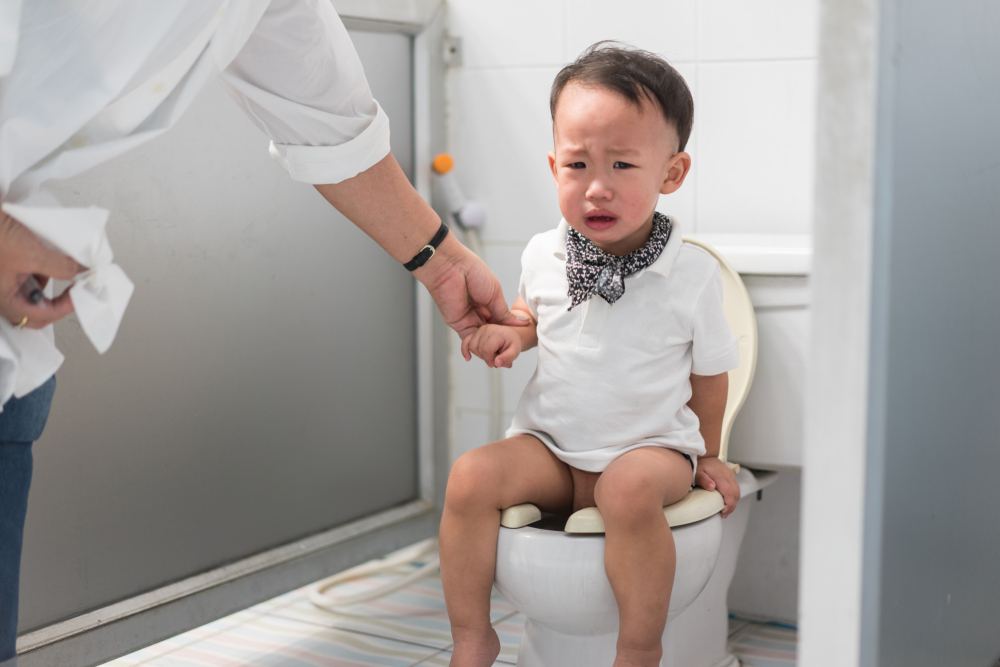Understanding Constipation: Causes and Effective Remedies
This article explores common causes of constipation, emphasizing lifestyle factors like diet and routine changes, and provides practical remedies to alleviate symptoms. Recognizing triggers and adopting healthy habits can improve digestive health and prevent complications. Seek medical attention if symptoms persist or worsen to ensure timely treatment.

Constipation refers to difficulty in passing stool, leading to infrequent and hard bowel movements. While not a life-threatening condition, it can cause significant discomfort throughout the day.
Why Address Constipation? Persistent constipation—lasting more than two days or passing minimal stool—can lead to bloating, heaviness, and even bleeding. It often affects your overall well-being and appetite.
Your digestive health is impacted, and you might experience a loss of appetite and abdominal distension.
Common Causes of Constipation Understanding the root causes can simplify treatment. Typical factors include:
Sudden dietary changes, especially reducing fiber intake, can cause constipation. A diet rich in fiber like fruits, vegetables, and legumes promotes regular bowel movements.
Alterations in your daily routine or physical activity levels disrupt your metabolism and digestion.
Conditions like irritable bowel syndrome (IBS) can cause unpredictable bowel habits.
Overconsumption of dairy, laxatives, or pain medications can influence bowel function.
Medical issues such as stress, thyroid problems, pregnancy, or neurological disorders also contribute.
Effective Treatments Severe constipation presents with bloating, nausea, and inability to pass stool for over two days. To alleviate symptoms:
Stay well-hydrated by drinking plenty of water daily.
Start your day with a warm glass of water or green tea.
Include fiber-rich foods like spinach, broccoli, lentils, and peas in your diet.
Occasional use of laxatives can be helpful but should not be used more than once weekly.
If symptoms persist or worsen—especially with intense pain, bleeding, or dryness—you should consult a healthcare professional promptly. Early intervention is vital to prevent complications.
Important Notice: The information provided here is for educational purposes only. It should not replace medical advice. Always consult a healthcare provider for diagnosis and treatment of health conditions. The website disclaims responsibility for inaccuracies or misinterpretations.










